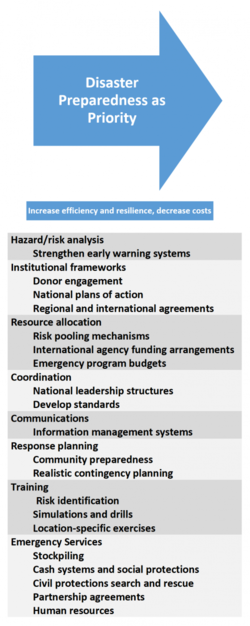Globalization Spreads Contagion of All Kinds: FT
The swift spread of COVID-19 followed by market declines alarms citizens and policymakers. “As trade, finance, travel, cyber and other networks grow in scale and interact, they become more complex and unstable,” writes Oxford University professor Ian Goldin for Financial Times. “The super-spreaders of the goods of globalisation, such as major airport hubs, are also super-spreaders of the bads.” Tackling COVID-19’s economic consequences is tough as the markets are “swamped with excess liquidity,” he notes. Reduced interest rates, already at record lows, are less effective at boosting economic growth. “Much more could, and should, have been done with fiscal policy, but that too will be less effective now – and could even be inflationary, as meeting existing demand will be harder due to worker quarantines, closure of factories and disruption to supply chains during this outbreak,” he explains. Many governments have starved preparedness programs for all manner of system shocks including health, financial and environmental. Catching up after periods of complacency is costly. As crisis strikes, governments expect quick fixes. Coordinated global responses are required. Goldin concludes, “Sharing information and resources is essential…. What is being tested is our will to co-operate and the stakes could not be higher.” – YaleGlobal
Globalization Spreads Contagion of All Kinds: FT
The integrated and complex systems of modern globalization are only as strong as their weakest link, especially when crisis strikes
Tuesday, March 3, 2020
Read the article from Financial Times about how integrated systems produce efficiency and savings, but are only as strong as their weakest link during crises.
Ian Goldin is a professor at Oxford University and author of The Butterfly Defect. He is also director of the Oxford Martin Programme on Technological and Economic Change.

Financial Times
Copyright The Financial Times Limited 2020. All rights reserved.